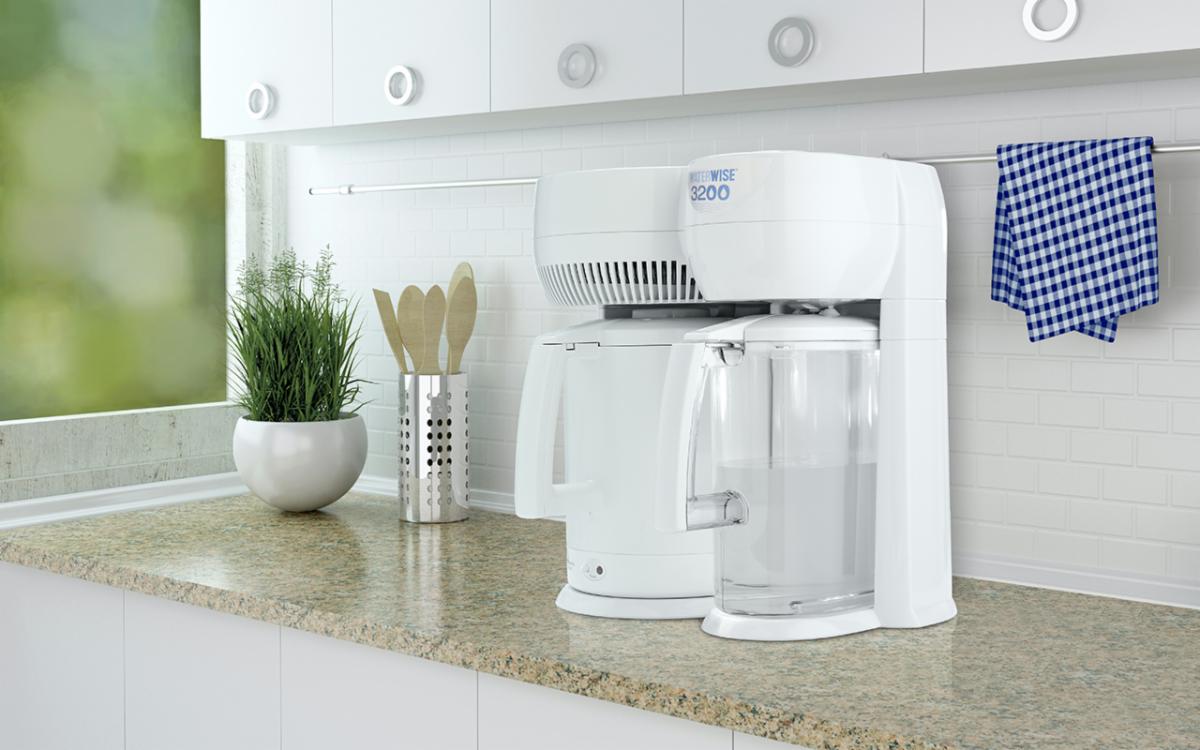Bee Busy Wellness Center is a Federally Qualified Healthcare Center dedicated to providing culturally appropriate healthcare that promotes better health and quality of life.
Mission of Busy Bee Wellness Center:
Bee Busy Wellness Center’s mission is to increase access to quality, comprehensive primary and preventative medical, dental, and mental health care in order to address disparities among underprivileged communities, individuals, and families regardless of their ability to pay. Ultimately, Bee Busy Wellness Center envisions Houston as a place where every citizen will have access to optimum health, and where that isn’t possible, every individual, regardless of age, race, gender, sexual orientation, gender identity, socioeconomic circumstance and physical or mental capabilities, will have unfettered access to high quality, life-extending care, free from stigma and discrimination.
Providers of services:
- Care/Case Management
- Geriatrics
- HIV Screening/Education
- Mobile Clinical Services
- Oral Health Services
- Pediatrics
- Perinatal Care
- Pharmacy/Dispensary Services
- Services in Supportive Housing
- Street Outreach
- Substance Abuse Services
- Support/Education Services
Pediatrics:
Medical care for infants, children, and adolescents is known as pediatrics (also spelled pediatrics or p*diatrics). Children should receive pediatric care until they are 21 years old, according to the American Academy of Pediatrics. Worldwide, pediatric age limits have been increasing year over year. In the United Kingdom, pediatrics covers patients up to the age of 18. The medical doctor who specializes in this field is called a pediatrician, or pediatrician. Medics specialize in treating children; pediatrics and its cognates derive from two Greek words: (pais “child” and (iatros “docter, healer”). A pediatrician works in a hospital or children’s hospital, particularly in its subspecialties (e.g. neonatology), or as an outpatient primary care provider.
The autonomy of pediatric healthcare:
In most jurisdictions and with a few exceptions, children are unable to make medical decisions for themselves. This is a significant difference between pediatrics and adult medicine. Every pediatric procedure must take into account guardianship, privacy, legal responsibility, and informed consent. Rather than just treating the child, pediatricians often have to treat the parent and sometimes, the whole family. In certain circumstances, adolescents are entitled to make their own health care decisions, as they are in their own legal class. In addition to the wishes of the patient, a pediatrician must take into account the wishes of multiple people when considering treatment options, especially for conditions with poor prognoses or complicated and painful procedures/surgeries.
HIV Screening/Education:
Everyone between the ages of 13 and 64 years should be tested for HIV at least once, according to the Centers for Disease Control and Prevention (CDC). This recommendation is based on two factors: HIV is a highly effective disease.
In addition to preventing new infections, AIDS education has three main purposes. It can be seen as consisting of two processes: Informing people about HIV – such as what HIV is, how it is transmitted, and how to protect themselves from infection
Geriatrics:
Health care for the elderly is a specialty of geriatrics. There is no set age at which patients may be under the care of a geriatrician, or geriatric physician, a physician who specializes in caring for elderly patients. Geriatric medicine aims to promote health by preventing and treating diseases and disabilities among older adults. A specialist’s availability and the needs of the patient will determine this decision. Geriatrics deals with the care of the elderly, whereas gerontology studies the aging process itself. Geriatrics is derived from the Greek terms geron meaning “old man” and ιατρός iatros meaning “healer”. The term medical gerontology can also be used when referring to geriatrics.
Services in Supportive Housing:
Supportive housing is a combination of housing and support services that are designed to help individuals and families recover from periods of homelessness, hospitalization, incarceration, or aging out of foster care. Housing that offers tenants support and is integrated with a neighborhood and community is supportive housing. It is affordable, permanent, and independent.
It is divided into two main categories:
- Single-site (also referred to as congregate): There may be common recreational areas or other facilities in a building where each family or individual has a private living quarter and a kitchen.
- Scattered-site: A building with units intended for specific populations, accompanied by supportive services, spread throughout a neighborhood or community.






